Hello!
New Year's Eve weeks are traditionally the hottest for both sellers and buyers. Some sell, fulfilling a six-month sales plan in a week, others buy, spending money on what they did not dare to buy for no reason. The trend of recent years is the withdrawal of sales to online. This is facilitated not only by the development of Internet commerce as a phenomenon, but also by the peculiarities of domestic marketing with its pseudo-discounts, and the desire to grab more at any cost. These factors often become the main reason for choosing foreign online stores as a platform for buying gifts for the New Year.

Image taken from web-shops.info
But where there is distance selling, there is also delivery. At the moment, the Russian Post remains the main partner of foreign postal services in Russia. It is this carrier that accounts for the lion's share of parcels from foreign online stores.
Many residents of our country, in one way or another, faced with the peculiarities of the work of the domestic “delivery service number one”, are well aware of all the disadvantages and risks, but often the alternative is either significantly more expensive or not available at all.
And despite the fact that you have to wait weeks for the 'import' of your long-awaited order, they continue to order delivery through the cheapest option.
Knowing all this, buyers learned to predict the approximate waiting time and began to buy the necessary goods ahead of time, taking into account possible delays, and the most entrepreneurial ones organized their own delivery channels, which often significantly exceed traditional postal services in both speed and price.
And, it would seem, here it is, happiness, take it and use it. You can wait – order an inexpensive and long delivery. Need urgently – choose a fast and expensive one.
But we all remember that there is another interested player in this chain – the state.
It will not be a secret for anyone that representatives of this very third party have been analyzing what is happening for a long time and could in no way lose such a tangible piece of the pie lately as income from online sales.
Optimizers
To regulate the online trading market, many steps have been taken to improve the situation and create a competitive environment for domestic distance selling networks. Whole associations were created (for example, AKIT), which declare the development of the e-commerce market in Russia as their main goal. We will not argue what and how they develop. One of the most striking fruits of the activities of such associations was the resonant decision to reduce the threshold for duty-free import of goods by foreign retailers.
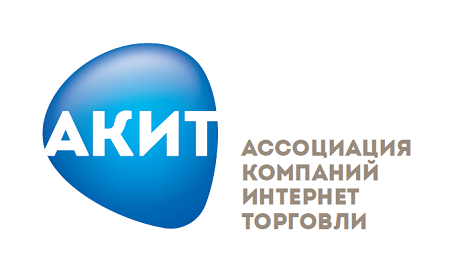
At the moment, the final decision has not been made, but there is no reason to hope that this cup will pass us.
It's no secret that Russian distance selling retailers are not able to compete with their foreign counterparts either in the quality of services provided, and even less so in price.
Considering what lately serious work has begun to boil around this topic, it would be naive to believe that everything will remain as before. The industry will be regulated and combed the way it is necessary, there is no doubt about it, but we can only guess by what methods it will be implemented.
Optimization
A striking example of such unpredictability was the latest decision of the Federal Customs Service, which adopted order No. 1861 of November 24, 2017, according to which, from now on, the buyer must indicate the recipient's TIN, as well as a link to the products purchased from the online store.
The full text of the order can be found at the link: Order.
The FCS (Federal Customs Service) calls this order 'experiment' …
The decree, which appeared later on the FCS website, states that the order will enter into force on December 7, 2017 and will last until July 1, 2018. The experiment will take place on humans in a number of regional customs offices, as well as Sheremetyevskaya, Vnukovskaya, Domodedovskaya and Moscow regional customs offices.
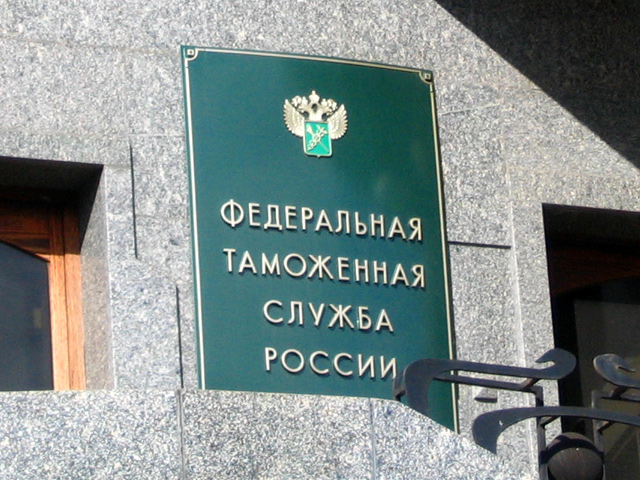
According to the text of the order, at the moment the innovation applies only to a number of commercial carriers, and customers who ordered goods with delivery, for example, by Russian Post, should not have been hit. But considering how promptly and faultlessly the customs services work, there is no reason to hope that everything will go smoothly.
In this situation, it remains to be hoped that the customs services will figure out which package belongs to which service, and the clients of carriers who are not participating in the FCS experiment will not suffer.
According to Mikhail Chislov, Deputy Head of the Main Directorate for the Organization of Customs Clearance and Customs Control of the Federal Customs Service of Russia: “The Federal Customs Service once again guarantees you that there will be no delays in parcels that go during the New Year and New Year periods, of course.”
This is very hard to believe. Contradicting the promises of Mikhail Chislov and the statement made for RIA Novosti by the director of development of the Russian aggregator of the shipping service Shiptor Andrey Lyamin: “Already now, thousands of parcels are at the customs and air carriers' warehouses without TIN. Both overseas online stores and courier services suffered heavy losses due to the sudden surprise of the FCS. '
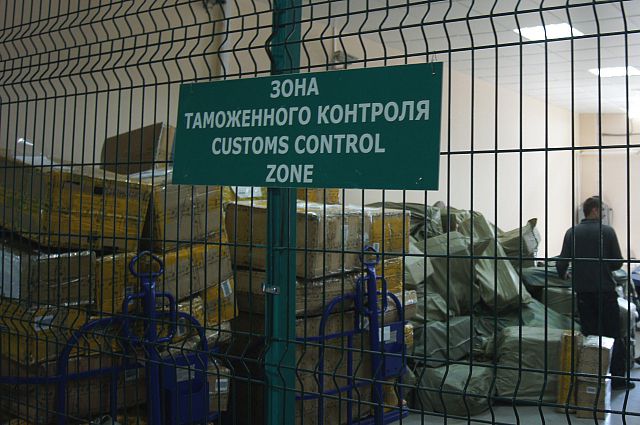
In this situation, both the innovation itself and the motives for conducting this experiment right now, in the last weeks before the New Year, are interesting.
Everyone who has made and is making purchases in foreign stores knows that December is the hottest month of sales and the volume of orders at this time is maximum.
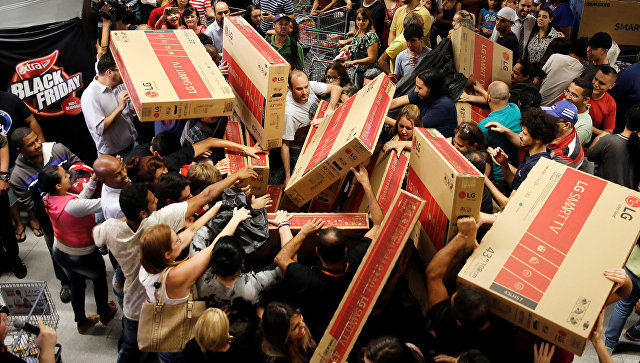
You do not need to be seven inches in the forehead to understand that during this period the load on postal and courier services will be colossal. Understanding this, how could you launch the experiment right now? What were the guides of the people responsible for the experiment itself and deciding when to carry it out? I would like to receive answers to these questions.
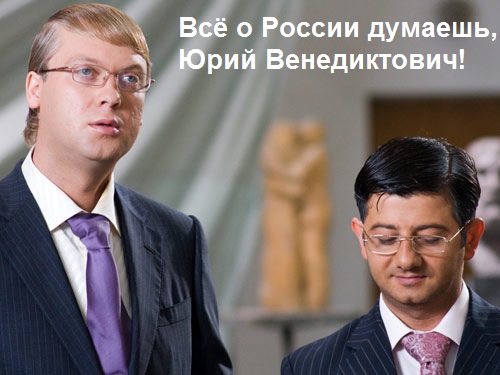
In the meantime, there are no answers to these questions, I will allow myself to speculate not about why it was done, but about why now. And you, dear readers, I invite you to comment on this topic.
Reflections
So, let's assume that there is a certain Vasily Petrovich from Arzamas. His son really enjoys the Star Wars saga. And especially the Lego series dedicated to this topic. Vasily Petrovich comes to the store in his Arzamas and is slightly surprised to see the prices for this very set. But since our hero is not a bastard, he knows that on the Internet, from the Chinese or the Americans, you can find the exact same set much cheaper.

And Vasily Petrovich already has experience in receiving orders from abroad, and he roughly represents the time frame for which this set will come to him. Therefore, the order is made strongly in advance, so that by the New Year, the son is guaranteed not to be left without a gift and to receive his model of 'Star Destroyer'. Order placed, tracking number received. It would seem that everything, you can calm down. And the news about the INN, which appeared not only after the order, but even after the sending of the Star Destroyer to the seven-year-old Darth Vader in Arzamas, should not have darkened the pleasant days of waiting for his father's triumph, which pleased his son with a gift. After all, the law has no retroactive effect, right?
No, it turns out that it is not so. When asked what to do in a situation when the purchase was sent before the order entered into force, Mikhail Chislov replied: 'The consumer must contact the carrier, give his TIN, and the carrier will enter the data into the register. No problem with that. '
I willingly believe that Mikhail Chislov has no problems, but what should Vasily Petrovich do?
And Vasily Petrovich understands that the 'Empire is in danger', and the 'Star Destroyer' may not arrive in time, and the son will be left without a gift.
What will the hypothetical Vasily Petrovich do? That's right, in order not to risk his authority in the eyes of his son, our hero goes out of harm's way to the nearest 'Children's World', where he buys a gift at a significantly higher price. But the profit will be made by the Russian seller, and he will pay taxes to the Russian treasury. Here is an elementary benefit, which the authors of this innovation so zealously disown, declaring that the experiment did not pursue any selfish interests.
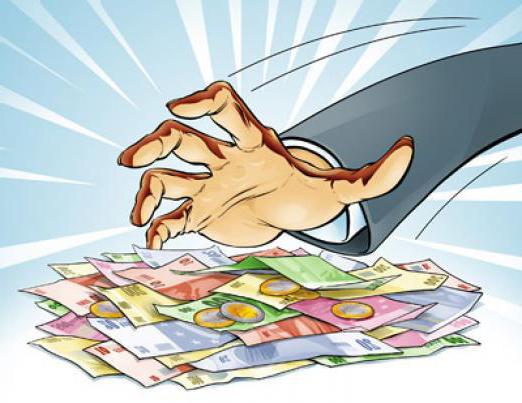
One can only guess how many such Petrovichs in Russia are currently waiting for their purchases, and wondering if the order will reach the New Year, sorting out in their heads spare options for gifts that can be bought here and now. How many of us are like that, thanks to one stroke of the pen of a tyrant bureaucrat who deprived their loved ones and loved ones of gifts?
Conclusion
Most likely, this experiment is only temporary on paper, and it can be predicted that the innovation will remain on a permanent basis. Confidence in this is given by the information that the Russian Post, which is not participating at the moment, will nevertheless take part in the experiment, but later. In this situation, one can only guess what other shadow schemes for circumventing “popular measures” will create this experiment, according to its authors, designed to test the system before its widespread implementation.
